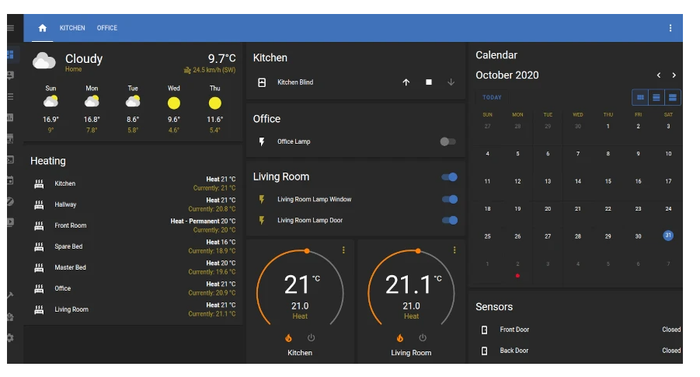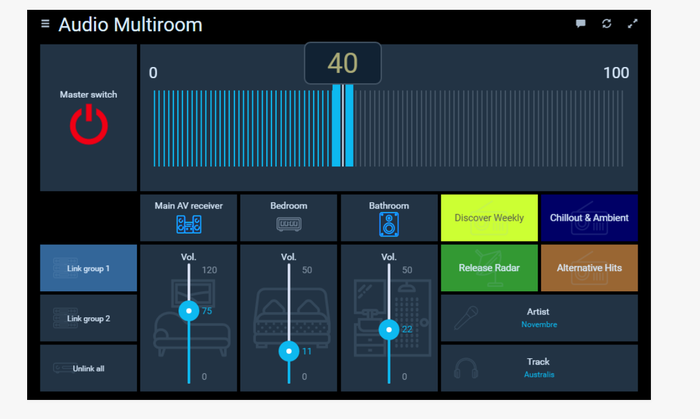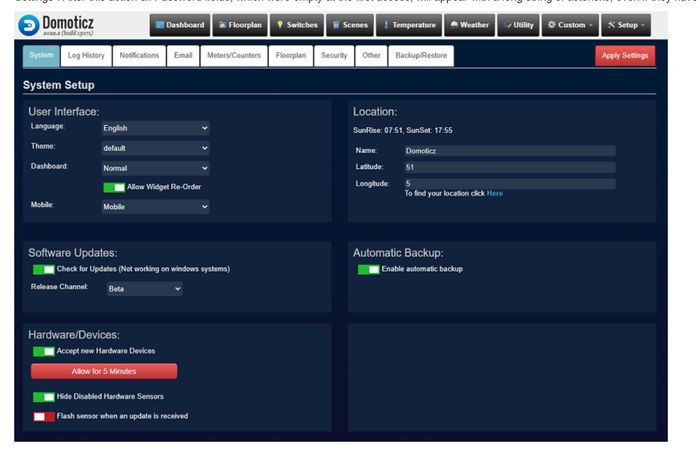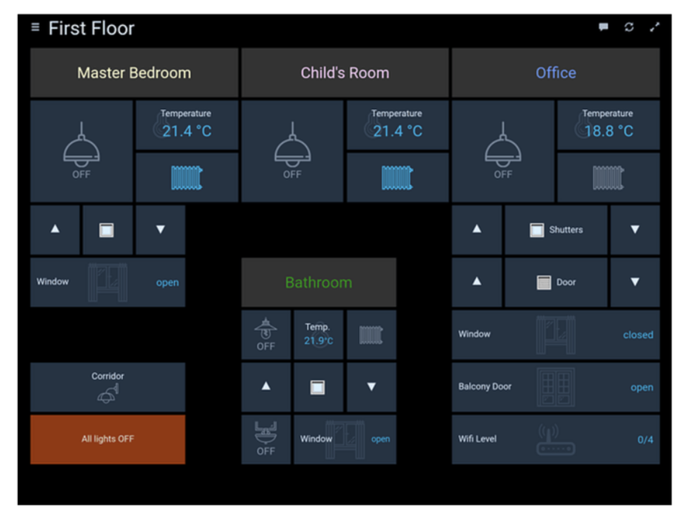The growing popularity of smart home devices is driving the demand for secure, robust operating systems that are customized for Internet of Things (IoT) environments. This article explores the rise of Linux-based smart home operating systems, highlights recent developments and the various packages available for smart home applications, and explains how Linux enhances the integration and management of IoT devices in the home.
Increasing demand for smart home operating systems
The smart home has rapidly evolved in recent years, driven by advances in IoT technology, increased connectivity through new technologies, and consumer demand for convenience and automation. Today, smart home products include thermostats, lighting fixtures, security cameras, door locks, and voice assistants, all of which can be integrated, interconnected, and remotely controlled via smartphones, tablets, and computers.
The proliferation of smart home devices has undoubtedly increased the comfort and convenience of modern life. However, this technology also brings challenges in terms of system interoperability, security, and device management. Traditional operating systems such as Windows and macOS were not designed to support IoT systems that require low-power devices, real-time data processing, and distributed computing architectures.
The role of operating systems in the smart home
Operating systems play a vital role in smart home technology by enabling communication, integration, and coordination between devices. The OS provides users with an interface for interacting with connected smart home devices, making it easy to monitor, adjust settings, and control various aspects of the smart home environment.
Traditionally, major proprietary operating systems such as Apple's iOS and Google's Android have dominated the market and are often paired with their own hardware products and devices. These systems offer integration within an ecosystem but suffer from drawbacks such as limited options and vendor lock-in. In contrast, Linux-based platforms allow developers to modify and enhance the software to meet their specific needs and preferences. This flexibility allows for innovation and allows you to create unique, customized products for your smart home system.
The open source benefits of Linux
Over the last few years, there has been growing interest in Linux-based platforms for the smart home. Linux offers several advantages that make it particularly well suited for IoT applications:
Open source nature: The Linux OS kernel is open source, which offers several advantages over other operating systems: The flexibility of open source allows developers to create custom distributions and packages for different hardware architectures.
Modular architecture: Allows for customized system configuration.
Scalability: Easily adapts to systems of different sizes and complexities.
Versatile and flexible: Supports a wide range of applications and devices.
Additionally, the rapid adoption of open source software has provided a wealth of community-driven tools, libraries, and frameworks for developing smart home applications.
A popular Linux-based smart home operating system
Linux-based tools and packages are gaining popularity in the smart home market, as these operating systems offer specialized features for operating IoT devices and automating everyday household chores.
Home Assistant
Home Assistant is an open source framework that allows users to manage their home devices. Users can control and automate smart home devices from an easy-to-use central dashboard. Home Assistant supports a wide range of devices and protocols and is compatible with popular smart home ecosystems such as Zigbee, Z-Wave, and Phillips Hue (a lighting application for smart lamps).

Credit: futurehousestore.co.uk
Figure 1. Home Assistant dashboard.
Open HAB
OpenHAB offers similar functionality to Home Assistant, but with an emphasis on flexibility and extensibility. Its modular architecture allows for the integration of devices, technologies, and services, from commonly used heating and lighting applications to weather forecasting and other monitoring and control systems.

Credit: ubuntu.com
Figure 2. OpenHAB user environment.
Domotitz
Domoticz is an open-source home automation system that allows users to control lights, switches, meters, etc. It is designed to work cross-platform, and the user interface is in HTML5 format, so it can be adapted to different devices and platforms.

Credit: domoticz.com
Figure 3. Domoticz user interface.
IoT device integration and management
A key feature of Linux-based smart home operating systems and tools is their ability to integrate and manage IoT devices from multiple vendors using different protocols. The systems support standard IoT communication protocols such as MQTT, CoAP, and REST API. This capability enables interoperability between devices and platforms, resulting in a more integrated smart home environment.
Linux-based home orchestration tools often include built-in support for device discovery technologies and other configuration and management features that simplify the setup and management of IoT networks. Users typically have access to an intuitive dashboard to create rules to automate the monitoring and control of smart home devices, regardless of manufacturer or protocol in use.
The future of Linux-based smart home operating systems
The open source ethos of Linux, coupled with a global community of enthusiasts and developers, continues to drive innovation in the smart home space. Linux-based smart home operating systems, tools, and software packages will continue to be essential in this space. Additionally, advancements in edge computing, machine learning (ML), and artificial intelligence will likely enhance the capabilities of Linux-based smart home operating systems and software tools. Integrating ML and AI into the system will enable greater automation and real-time decision-making within the smart home environment.

Credit: engineersgarage.com
Figure 4. Node-Red Dashboard. Node-Red is an open source tool from IBM that is used to wire hardware devices.
Final thoughts
Linux-based smart home operating systems and software tools represent the forefront of the rapid growth of smart home automation, providing users with incredible flexibility, customization options, and precise control over their systems and devices. Supported by a vibrant global community of Linux enthusiasts, developers, and users, these platforms are poised to revolutionize the way you manage and operate your smart home technology.

